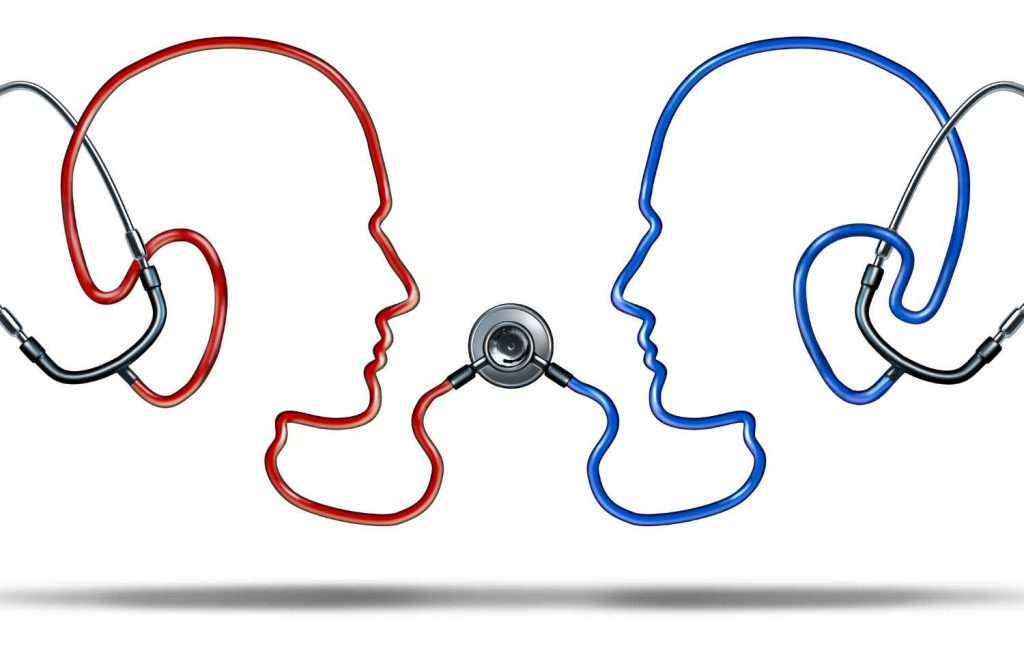
What is FHIR?
FHIR, pronounced "fire," stands for Fast Healthcare Interoperability Resources. It's a standard designed to make it easier for different healthcare systems to share and access patient information seamlessly. Think of it as a common language that healthcare providers, patients, and systems use to communicate more effectively.
Imagine your medical history scattered across various clinics, hospitals, and health maintenance organizations (HMOs). Traditionally, transferring this information from one place to another has been a hassle, involving lots of paperwork and potential for errors. FHIR simplifies this process by organizing health data into standardized "resources" like patients, medications, and lab results, which can be easily shared and understood across different systems.
What makes FHIR stand out is its use of modern web technologies like HTTP and REST. These are the same technologies that power many of the websites and apps you use daily, making FHIR easy for developers to implement. This means faster and more efficient ways to share your health information.
For you, this translates into better control over your medical data. You can share your health information with new healthcare providers quickly and securely, ensuring that you receive the best possible care. Healthcare organizations benefit too, as they can integrate and manage data more effectively, leading to improved patient outcomes and reduced costs. In short, FHIR is revolutionizing how healthcare data is exchanged, making the entire process more efficient and reliable.
How Does FHIR Simplify Healthcare Data Sharing?
FHIR, or Fast Healthcare Interoperability Resources, makes healthcare data sharing a breeze. By using modern web technologies like HTTP and REST, FHIR streamlines the process of exchanging health information between different systems. Here’s how it works:
Interoperability Made Easy
One of the biggest challenges in healthcare is getting different systems to talk to each other. FHIR solves this by breaking down health data into "resources" that can be easily exchanged. These resources include things like patient records, medications, and lab results. Because FHIR uses standard formats like JSON and XML, it’s much simpler for developers to create applications that can access and share this data across various platforms.
This means that whether you’re in a hospital, a clinic, or even using a mobile app, all the systems can seamlessly share information. No more juggling between different records or dealing with incompatible systems. FHIR standardizes everything, making it easier to get the right information to the right place at the right time.
Patient Benefits and Control
With FHIR, patients gain more control over their own health data. Imagine being able to easily share your medical history with a new doctor without having to fill out endless forms or wait for records to be transferred. FHIR enables this by allowing patients to access and manage their health information through various apps and platforms.
For example, if you’re using a fitness tracker or a health app, FHIR can integrate the data from these devices with your medical records. This gives both you and your healthcare providers a more complete picture of your health. It’s not just about convenience; it’s about empowering you to take charge of your healthcare journey.
Moreover, FHIR's real-time data exchange capabilities mean that any updates to your medical record are immediately available to all authorized parties. This can be crucial in emergencies, where having up-to-date information can make a significant difference in the care you receive.
In summary, FHIR simplifies healthcare data sharing by making systems interoperable, improving patient control over health information, and enabling real-time data exchange. This leads to better patient care and a more efficient healthcare system overall. If you’re looking to understand more about how FHIR works and its benefits, check out https://outburn.health/ for more detailed information and resources.
Why Should You Care About FHIR in Healthcare?
In today's fast-paced world, having quick and easy access to healthcare information is crucial. This is where FHIR (Fast Healthcare Interoperability Resources) comes into play. But why should you care about FHIR in healthcare? Let's break it down.
Improving Patient Care
First and foremost, FHIR significantly improves patient care. Imagine you visit a new doctor, and instead of filling out endless forms and recounting your entire medical history, the doctor can access your complete health records instantly. That's the power of FHIR. It ensures that healthcare providers have the most accurate and up-to-date information about you, leading to better diagnosis and treatment. By using FHIR, healthcare systems can seamlessly share patient information, eliminating gaps in care and reducing the chances of medical errors.
Reducing Costs and Inefficiencies
Another reason to care about FHIR is its potential to reduce costs and inefficiencies in the healthcare system. Traditional methods of data sharing are often slow, cumbersome, and expensive. FHIR streamlines this process by using modern web technologies like HTTP and RESTful APIs. This means that data can be exchanged in real-time, cutting down on administrative costs and saving valuable time for both patients and providers. With FHIR, healthcare organizations can operate more efficiently, ultimately leading to cost savings that can be passed on to patients.
Moreover, FHIR encourages innovation in the healthcare industry. Developers can create new applications that leverage FHIR's capabilities, leading to better tools for managing health information. These innovations can improve everything from patient engagement to clinical decision-making, making the healthcare experience better for everyone involved.
Enhancing Data Security and Privacy
Security and privacy are always concerns when it comes to healthcare data. FHIR addresses these issues by allowing for granular control over who can access specific pieces of information. This means that patients have more control over their data, deciding who gets to see what and when. For instance, you can share your medical history with a specialist for a second opinion without worrying about your entire record being exposed.
FHIR is not just a technical specification; it's a shift towards a more connected and patient-centered healthcare system. By adopting FHIR, healthcare providers can offer better care, improve efficiency, and reduce costs. It's a win-win for both patients and healthcare organizations.
So, if you're wondering whether FHIR is worth the investment, the answer is a resounding yes. It's about making healthcare smarter, safer, and more efficient. Embrace the change, and you'll see the benefits in no time.
FHIR: A Revolution in Medical Information Management
In summary, FHIR is revolutionizing the way healthcare data is shared and accessed. It simplifies interoperability, giving patients more control over their medical information and helping healthcare providers improve patient care while cutting costs. By adopting FHIR, the healthcare industry can move towards a more connected, efficient, and patient-centered system. For more detailed information about FHIR and its benefits, check out https://outburn.co.il/.
